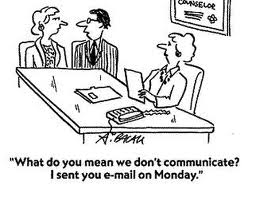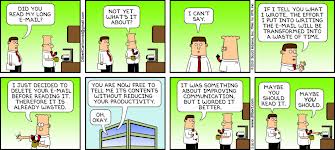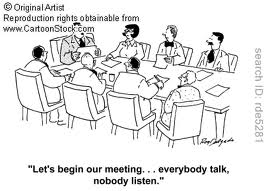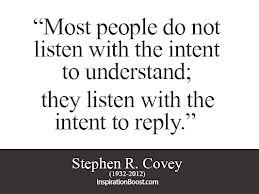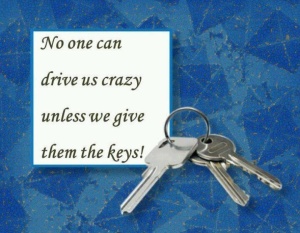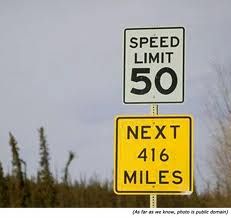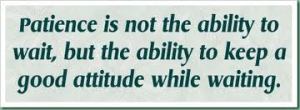Have you ever had this happen?
You asked someone a question but they answered an entirely different question. Or you explained something as clearly as possible but, by the response, it was as if you were speaking two different languages.
Communication is complicated.
Communication was hard enough before the onslaught of technology, like e-mail, texting, Facebook, and Twitter. Don”t get me wrong. Those avenues can be very effective. I use three of the four myself. But they can muddle communication if we’re not careful. It can be difficult – if not impossible – to properly convey tone, context, and emotion – emoticons notwithstanding – much less the facts or pertinent information.
It’s not like when people used to write good old fashioned letters. Those took time, whereas technology is pretty much instantaneous.
If someone was upset and started writing a letter, chances were the very act of writing the letter helped to resolve the emotion at least in part. Or they ended up rewriting the letter to soften the message. Or they ended up not even sending the letter.
On the other hand, how many times has someone fired off an e-mail, text, or tweet in the heat of the moment and lived to regret it? Or posted something on Facebook and lost their job?
Two minutes to write, two seconds to send, and regrets to last much longer.
Technology removes time for thought. It can also become more convenient than personal connection, whether by phone or face-to-face, to the point where communication by technology takes precedence. Personally, I think technology can enhance communication if it’s used as a balanced approach. But, when it’s not, it often just complicates things.
Case in point…
A large part of my job necessitates using proprietary software that can’t be accessed without making a formal request by e-mail. Early last week, I received confirmation that I had been granted access to one of the programs but I still wasn’t able to sign in.
So, I started the day by spending considerable time on the phone with a nice computer guy in Arizona. Even though he understood what the problem was, he wasn’t able to successfully resolve it, and so referred me to another IT division. However, when I asked for the phone number, I was more than a little surprised to be told that the division is only accessible by e-mail.
Maybe it’s just me but it seems like communication isn’t a priority when you’re restricted to e-mail access only.
But, you work with what you’ve got. So I sent as succinct an e-mail as possible. They responded by trying to solve a problem I didn’t even have. So, I re-worded the e-mail, included the same error message, and tried again. That got me a prompt referral to yet another IT division, this one in the Philippines.
More e-mails.
I was eventually told – by e-mail, of course – that the problem was fixed. But, it not only was not fixed, it was worse. At the end of four hours and counting of trying to solve one problem, all I had to show for it was two problems. And a headache behind my right eye.
Ok, forgive me for stating the obvious but it seems that when someone in Canada has a problem, going through the United States and the Philippines to fix it is the very long way of solving it. But, despite my communication challenges, both problems were resolved before the end of the day.
Success!
Or was it?
You see, I’d requested access to the program and that’s exactly what I got. Access. Nothing more, nothing less. I couldn’t use the program, just access it.
I honestly did not see that one coming.
I technically couldn’t fault them because they’d given me exactly what I’d asked for. I just didn’t think I’d be taken quite so literally. I thought it went without saying that I’d want to use the program too. Apparently not.
And, so one of the great rules of communication (as determined by me…) is never assume.
It’s really made me stop to consider if what I want to communicate will be properly heard and understood. If I say what I mean but the recipient misses the point, I think Paul Newman called that failure to communicate. Sometimes the smallest change in what we say or in how we say it can make all the difference.
Actually, if you ever want a relatively accurate idea of how clearly you communicate, try communicating with a small child… or even a dog… and see what the results are. It’s humbling, that much I’ll tell you…
So, I suppose you’re thinking that my work computer problems must be a thing of the past by now.
Not by a longshot.
Never in my life have I had to list in so much detail every single aspect of every single program that I want to access and use. And still not have much success at accessing or using it. Communication keeps bouncing between the three countries, and I can’t really say that I have a whole lot to show for it just yet.
We may all speak English but clearly we’re not speaking the same language.
